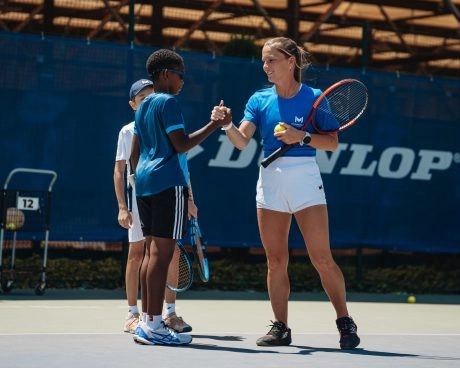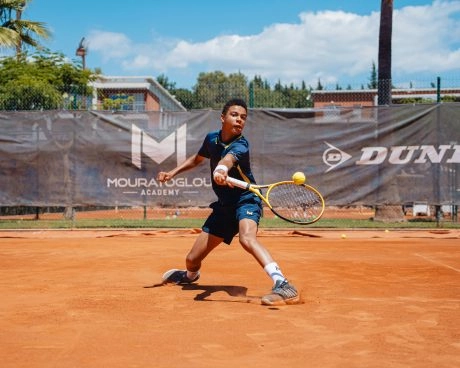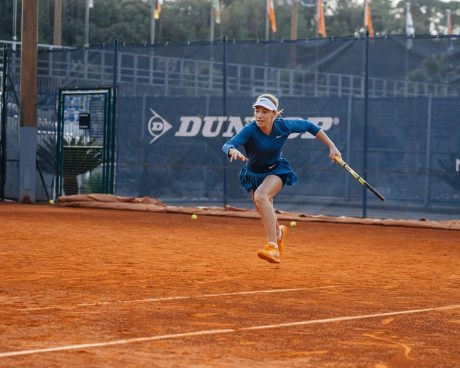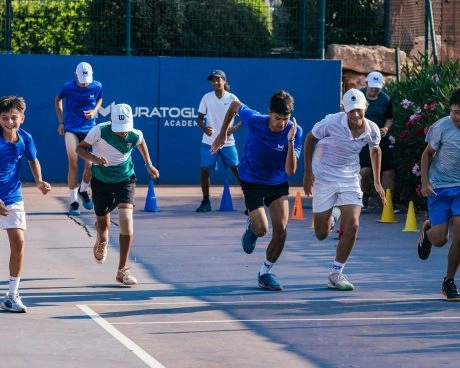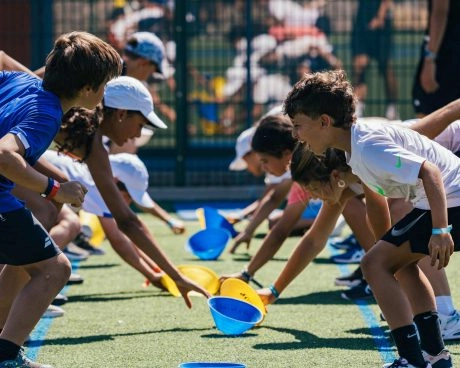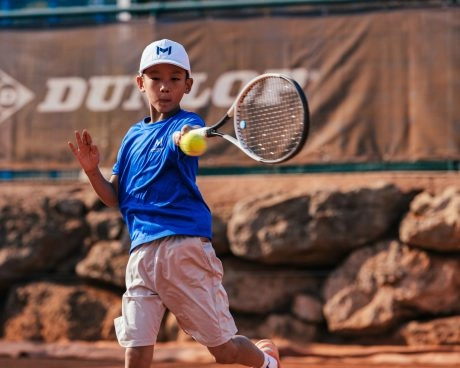
Managing the pressure of victory
One of the biggest psychological challenges in a match against a lower-ranked opponent is the pressure you feel to win. This pressure can lead you to make unnecessary mistakes. Here are a few tips on how to stay calm and focused:
- Stay focused on the moment: Don’t think about the end result from the outset. Concentrate point by point, game by game.
- Use breathing techniques: Deep breathing can help you stay relaxed and avoid stress.
- Don’t focus on the ranking: Even if your opponent is lower ranked, he may have special skills that will surprise you.
These pressure management techniques are regularly taught as part of the tennis courses at the Mouratoglou Academy, where players learn how to prepare mentally for each match.

